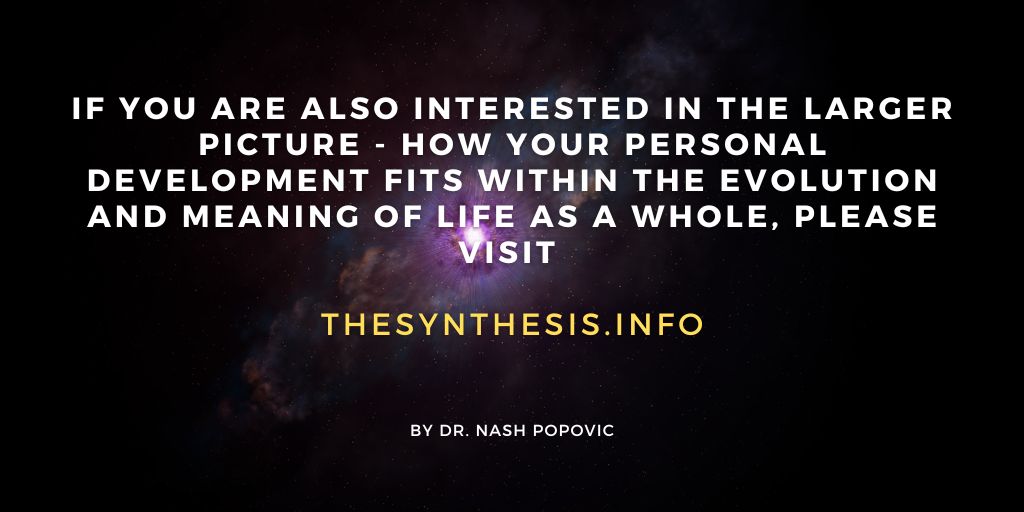30. The Past
Each person who gets stuck in time gets stuck alone.
Alan Lightman (physicist and novelist)
The past affects practically every aspect of ourselves, including our thoughts, feelings and behaviour, so it is well worth paying attention to. Needless to say, the past can’t be changed, but this doesn’t mean that we are completely helpless in this respect. How and to what extent your past influences your life depends on how you relate to it. We will consider here both unhelpful and helpful ways of relating to our past experiences.
Unhelpful ways of relating to the past
Avoiding the past: these are some typical examples:
- ‘I don’t want to think about what happened that day’
- ‘I don’t remember what happened’
Running away from troubling past experiences can indeed provide temporary relief. Suppressing intrusive thoughts about the past may also be necessary when the present situation requires our full attention (e.g. it is not a good idea to think about your childhood memories while taking an exam). However, if we keep avoiding the past, related emotions will continue to have an effect ‘below the surface’ and will be even less under our control. So this may be a short term strategy at best.
Ruminating about the past is triggered by perceived wrongdoing (our own or somebody else’s). These are some examples:
- Playing the same event in one’s head over and over.
- Keeping punishing yourself or others, with some vain hope that this will somehow make up for the past.
- ‘Why (did it happen / did he do…)?’
Ruminating is the result of our refusal to accept a past event. As the past cannot be changed, it becomes a circular trap, like a broken record. Ruminating doesn’t achieve anything but prevents you from being present and recognising current opportunities. In effect, it is just another mistake that does not correct the past ones.
Blaming the past is based on a belief that our present is a direct consequence of our past circumstances and that we can’t do much about it. Here are some typical expressions of blaming the past:
- ‘It is all my parents fault!’
- ‘What’s the point? I am already screwed up!’
- ‘If only she hadn’t left me, everything would be different!’
Blaming the past for your present situation can protect your ego to some extent, but it can become a ‘self-fulfilling prophecy’ and a hindrance to future achievements. For example, if you blame your childhood for not doing well now, you are unlikely to try harder. The past can be dealt with (we will see how) so using it as an excuse cannot be justified.
Attachment to the past: our memory can be biased and selective, which is sometimes used to idealise the past (e.g. you may think now that your childhood or previous relationship was so good, forgetting all the bad stuff). Here are a few examples:
- ‘I wish I was a child again.’
- ‘My previous boyfriend was so much better.’
- ‘I will never again be as happy as I was.’
Having nice memories is great, but attachment to the past can lead to longing for the times gone by, increase overall dissatisfaction and distort your assessment of the present situation.
Helpful ways of relating to the past
Facing the past may sometimes be unpleasant or even painful, but it can help you come to terms with a past event and even find meaning in it. To do so, you can write, draw or talk to somebody about your past experience.
Also, you can imagine watching a past event in the cinema. Some intense emotions buried inside you may come out in the process. Let it happen since it makes their effect weaker – letting them out will also help with letting go. This is not very different from watching a real movie. When you watch a movie for the first time, you may experience intense emotions, but when you watch it again, they are unlikely to be that strong. You need to make sure, though, to avoid reinforcing emotions, so don’t completely immerse yourself in the event – a part of you must remain outside. This is why it is essential to ‘watch’ it from the distance of a cinema seat.
If that’s difficult to imagine, try instead to keep the focus on your breathing or keep tapping with your finger or moving your open eyes from side to side. Any of these will help you go through the experience while anchored in the safety of the present. The above may not make your feelings disappear entirely, but you will be less controlled by them.
Accepting the past is a necessary step to get a sense of closure and be able to let go. There is no point in remaining stuck in the past. Coming to terms with what has happened can reduce its unwanted effects. These tips can help us do this:
- Resolve to accept that what has happened, happened. There is no way around it – fighting it only causes emotional self-torture and does not change or make anything better.
- Don’t let your fantasies run wild. It is easy to imagine how life would’ve been perfect or much better if only this or that did or didn’t happen, but this is only in your mind. There are many factors that affect how content you are and no single event is likely to have a decisive influence on it.
- Acknowledge the role of everybody without exaggerating and try to understand what happened. This doesn’t require you to obsess about ‘Why?’ (there is often no satisfactory answer) nor to forgive or even to be understanding. It only entails accepting that neither you nor others are infallible.
- In the complex world we live in, occasional mistakes are inevitable. Everybody makes them, only some can’t accept them and some learn to live with them and move on. Try to see your mistakes in this context. Some perceived mistakes may even have been a blessing in disguise. If you would forgive your best friend for the same act, you can forgive yourself too.
- Try to find some meaning in the event. For example, learning from a bad experience or making a resolution to do or change something because of it can make the experience more meaningful and consequently easier to accept.
Changing the past: a past event itself cannot be changed, but there are a number of things enmeshed with it that can be:
- Interpretations: you didn’t just experience past events but interpreted them too (e.g. ‘my parents divorced because of me’). Even if incorrect, our interpretations get attached to the event and exclude other possibilities. So, it is worthwhile considering whether the way you interpret the past is the only way to do so. This can make a huge difference.
- Importance: you can decrease the effects of an event on you by decreasing its importance. Does it have to be so important? Remember that the importance is not in the event itself, you are the one who makes it so.
- Your feelings: don’t let defeatist feelings and emotional reactions take over. After reducing the intensity of your initial feelings (see ‘facing the past’ above), consider how you would like to feel and gradually replace the former with that.
- The focus: the future is the best remedy for the past. Think of one thing that you can do to get where you want to be, despite what happened. Nobody can stop you from at least trying.
Evaluating the past: these steps would be incomplete without evaluating the past; a few things may need to be taken into consideration when we do this:
- Whatever past you have, respect the fact that you have the past (better than not having the past at all).
- Be realistic: the past may have been better or worse than the present, but there is no point in idealising or vilifying it.
- The best you can do is to integrate the past into your life. Make use of your experience to help yourself – or others – to navigate the complexities and vagaries of life.
Moving on: choose a past event that you feel ready to face (start with something mildly bothersome). Follow the above steps and see whether or not they have helped you leave the event behind and move on. If the experience was positive, try the same with more significant events.

